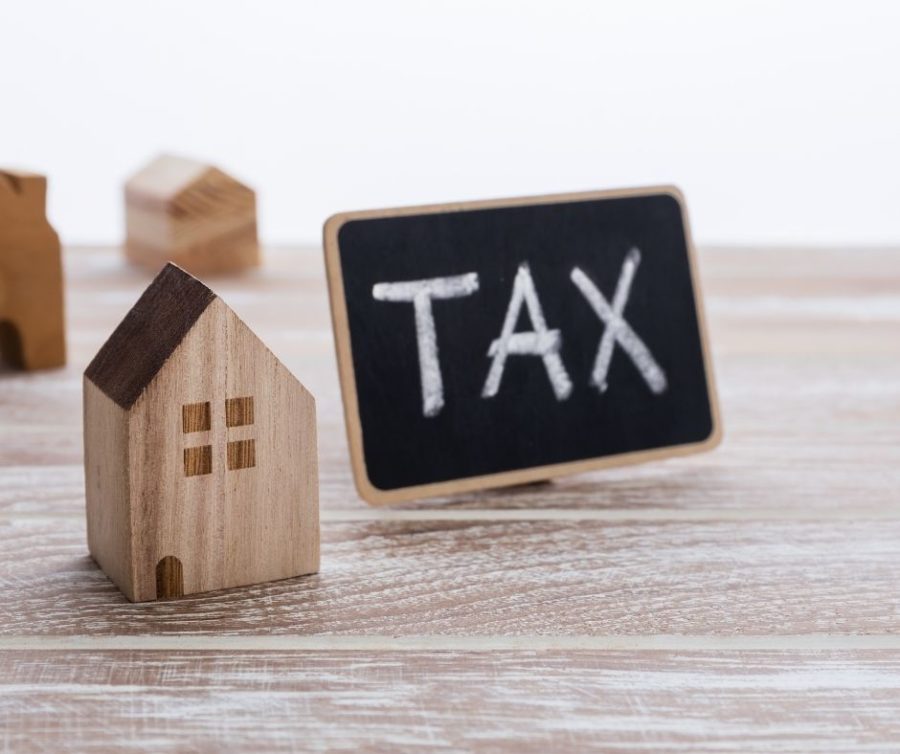With real estate being a hot topic for so many lately, you’ve probably heard the term “homestead exemption” quite often. While many states do have some kind of homestead law that widely vary, they do serve one purpose: to allow a homeowner to protect some portion of their home from creditors.
Since Florida homestead laws can be somewhat complicated and confusing, it’s important to work with a Realtor like myself who is familiar with the situation. In general, the basics of Florida homestead law are important for every Florida homeowner and future homeowner to understand.
The Homestead Exemption affects Florida homeowners in three distinct ways: Real estate property taxes, asset protection from creditors, and restrictions on post-death distributions.
It’s important that you request homestead status in Florida in order to take advantage of property tax exemptions. For this status, you must use the property for your permanent residence, apply for the exemption in the county of its location, and do so between January 1 and March 1 of each year.
The Homestead Exemption grants homeowners up to a $50,000 exemption with the first $25,000 applying to all taxing authorities, and the second $25,000 applies to properties with assessed values greater than $50,000 – but does exclude some taxes.
There are several instances where a trusted Real Estate Attorney may be best to speak with depending on your unique situation, including properties acquired through probate, inheritance, and title changes. Rental properties do not typically qualify for Homestead Exemption; although, if you rent out part of your primary residence, a prorated exemption may apply.
If you have more questions about Florida’s Homestead Exemption, please send me a message. I have a trusted network of professionals that are always able to assist with any support my clients need.


